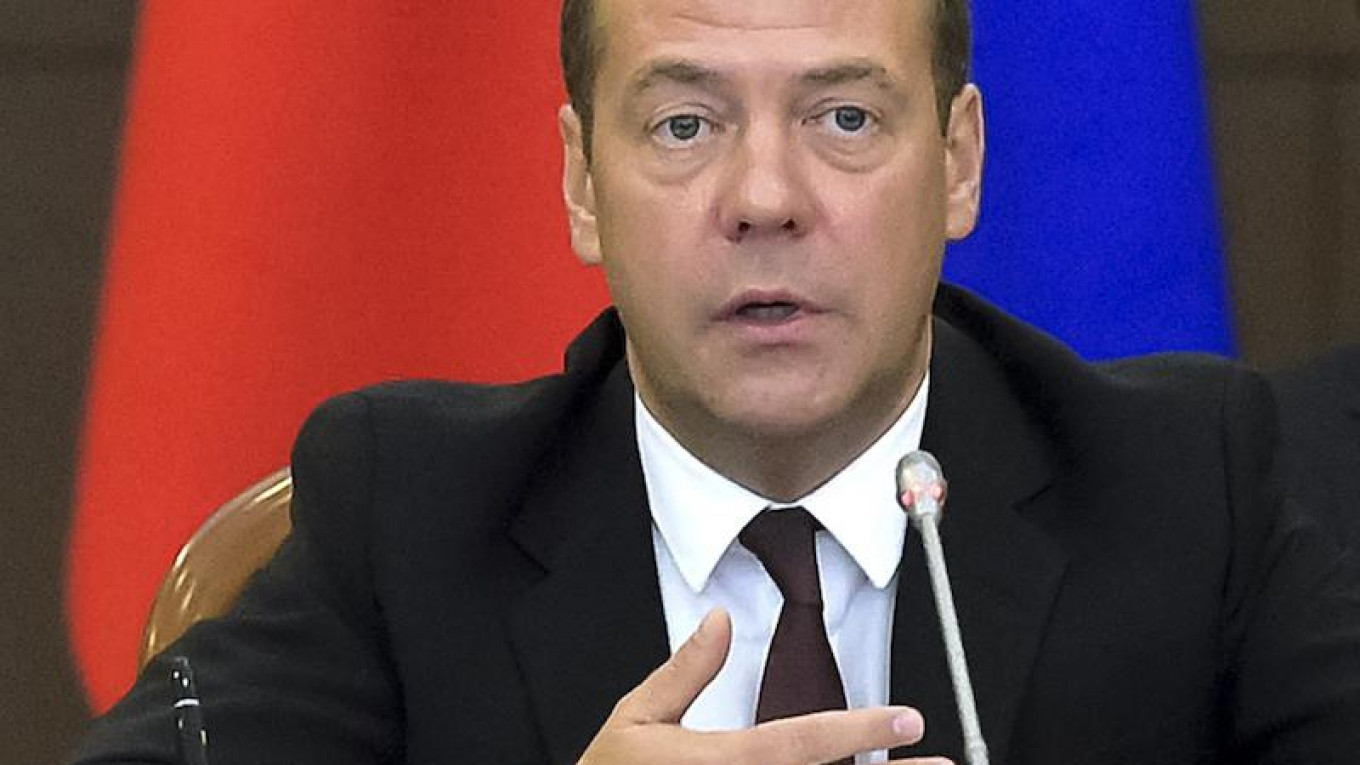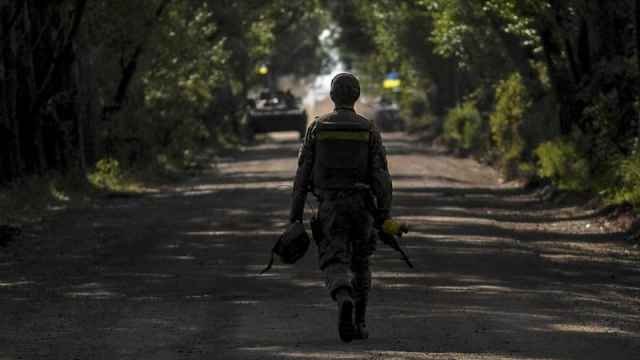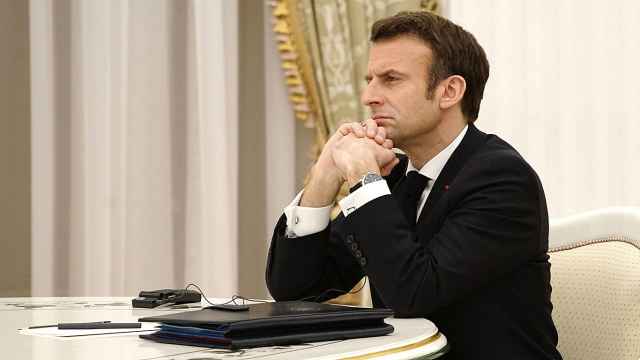Russia may sever diplomatic ties with Kiev after a number of alleged "Ukrainian incursions" on the disputed Crimean peninsula, Russian Prime Minister Dmitry Medvedev announced Friday.
Tensions between the two nations worsened further this week after Russia’s Federal Security Service (FSB) claimed to have “averted three attempts by Ukrainian military units to enter Crimean territory.” Russia claims that Ukraine intended to carry out a number of "terrorist attacks". The resulting armed confrontations left two Russian servicemen dead, the FSB said.
The allegations led Russian President Vladimir Putin to announce that Ukraine's actions “would not be left unanswered” and accused Kiev of “resorting to terrorism.”
Ukraine has vehemently denied the FSB's accusations, calling them “fantasy” and suggesting that they could be a pretext for further military aggression against the country. Ukrainian President Petro Poroshenko has since ordered Ukraine’s military to its highest state of combat readiness.
Speaking to journalists in Sochi on Friday, Medvedev said that he didn't wish for ties to be suspended. “I don’t want it to come to that," he said, "but if there is nothing else left that can influence the situation then the president could decide it is necessary.”
“The final decision will naturally be taken by Putin”, he said.
Medvedev also said that diplomatic relations had previously been suspended with Georgia after what he referred to as the “famous events” of the summer of 2008. The Russian military made an incursion into Georgia eight years ago in a territorial dispute.
Ukraine's Foreign Minister Pavel Klimkin also threatened Friday that Kiev could end its current visa-free travel regime between the two countries in order to "filter out Russian security agents working to destabilize Ukraine."
His words were quickly rebuked by Russian Foreign Ministry spokesperson Maria Zakharova, who said there were "no Russian security agents to filter" and that ending the visa-free regime would be detrimental to the many Ukrainians living and working in Russia.
Relations between Ukraine and Russia have deteriorated since Russia annexed the Crimean peninsula in 2014, after a pro-European revolution toppled the government of Victor Yanukovych. The annexation precipitated a military conflict in the Donbass region of eastern Ukraine between the Ukrainian military and Russian-backed separatist forces. There has been a recent surge in violence in the region, despite ceasefire agreements being in place since last year.
The U.N. Security Council convened on Thursday to discuss the increased tension in the region.
A Message from The Moscow Times:
Dear readers,
We are facing unprecedented challenges. Russia's Prosecutor General's Office has designated The Moscow Times as an "undesirable" organization, criminalizing our work and putting our staff at risk of prosecution. This follows our earlier unjust labeling as a "foreign agent."
These actions are direct attempts to silence independent journalism in Russia. The authorities claim our work "discredits the decisions of the Russian leadership." We see things differently: we strive to provide accurate, unbiased reporting on Russia.
We, the journalists of The Moscow Times, refuse to be silenced. But to continue our work, we need your help.
Your support, no matter how small, makes a world of difference. If you can, please support us monthly starting from just $2. It's quick to set up, and every contribution makes a significant impact.
By supporting The Moscow Times, you're defending open, independent journalism in the face of repression. Thank you for standing with us.
Remind me later.





